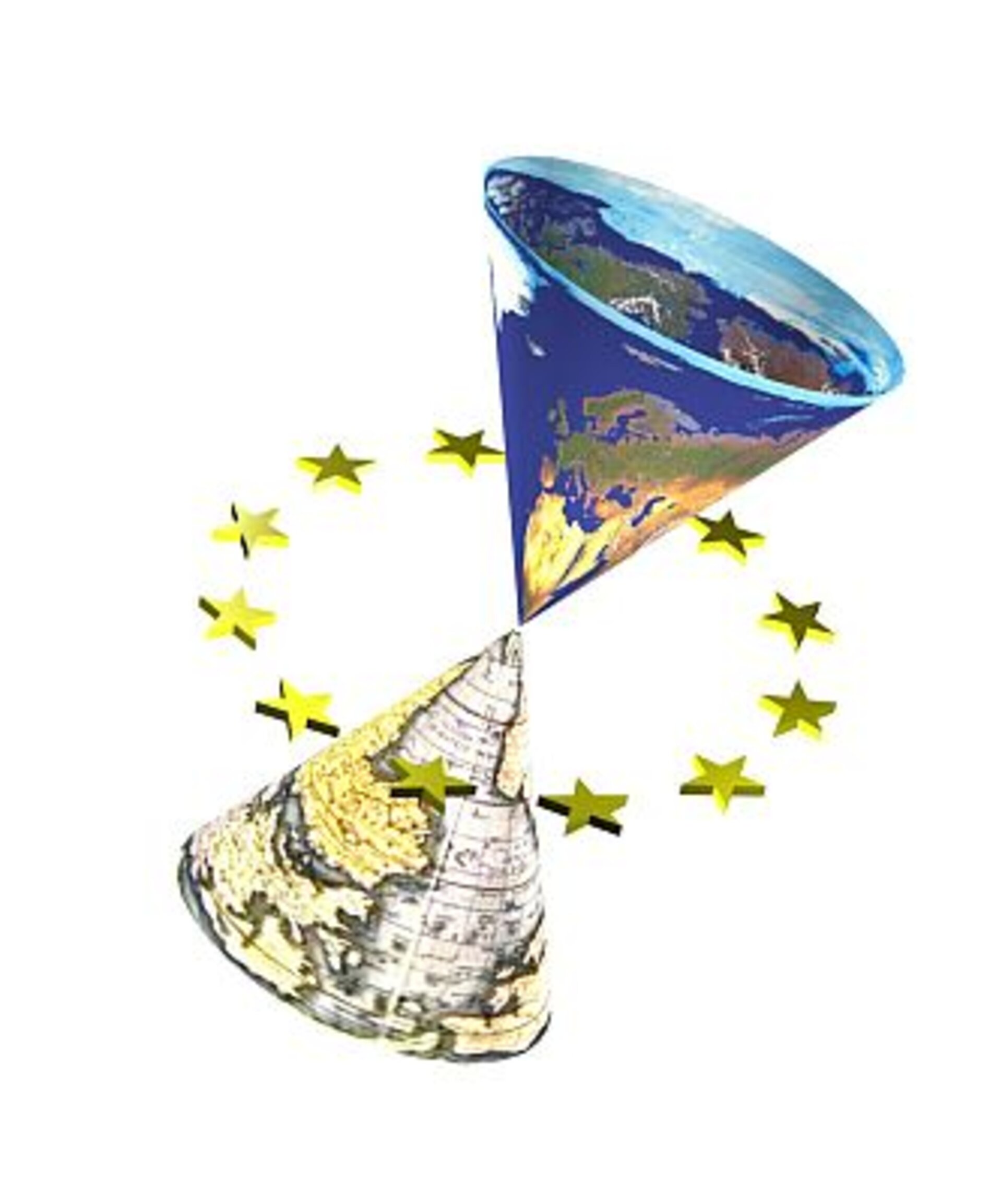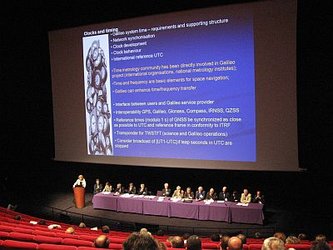Colloquium on scientific and fundamental aspects of the Galileo programme
The Second International Colloquium on Fundamental Aspects and Scientific Applications of Galileo will be held in Padua, Italy, during 14–16 October 2009. The Aula Magna of the University, the very place where Galileo Galilei gave some of his lectures, will be the venue for this event.
The colloquium coincides with the 400th anniversary of the first recorded astronomical observations of Jupiter’s moons with a telescope, made by Galileo Galilei.
This event will bring together leading members of the European scientific community and their international partners interested in the scientific use of Galileo and fundamental aspects of Global Navigation satellite Systems (GNSSs).
The first colloquium, which took place in Toulouse, France, in October 2007, demonstrated the interest that the scientific community has in Galileo. The concluding panel discussion brought up the following main points:
- Identification of three main areas where science and Galileo could meet:
- metrological aspects of navigation and Galileo, such as coordinates and reference frames, time and frequency transfer,
- scientific applications of GNSS signals: fundamental physics, geodesy, aeronomy, meteorology, oceanography, land surface and ecosystem,
- contributions from the scientific community to aspects of the design of future generations of Galileo.
- ESA was requested to release the available data to the scientific community: GIOVE-A and GIOVE-B data have been made available and the first results will be presented in Padua.
- ESA was recommended to set up an advisory body to coordinate, evaluate and make recommendation on the scientific proposals. The Galileo Science Advisory Committee (GSAC) was created to be an advisory body to the ESA Programme Board for Navigation and the ESA Executive.
This second meeting will consolidate the links between all parties involved in organising the scientific exploitation of Galileo and set the stage for a fruitful cooperation over the coming years in the context of the ESA GNSS Evolution Programme.





